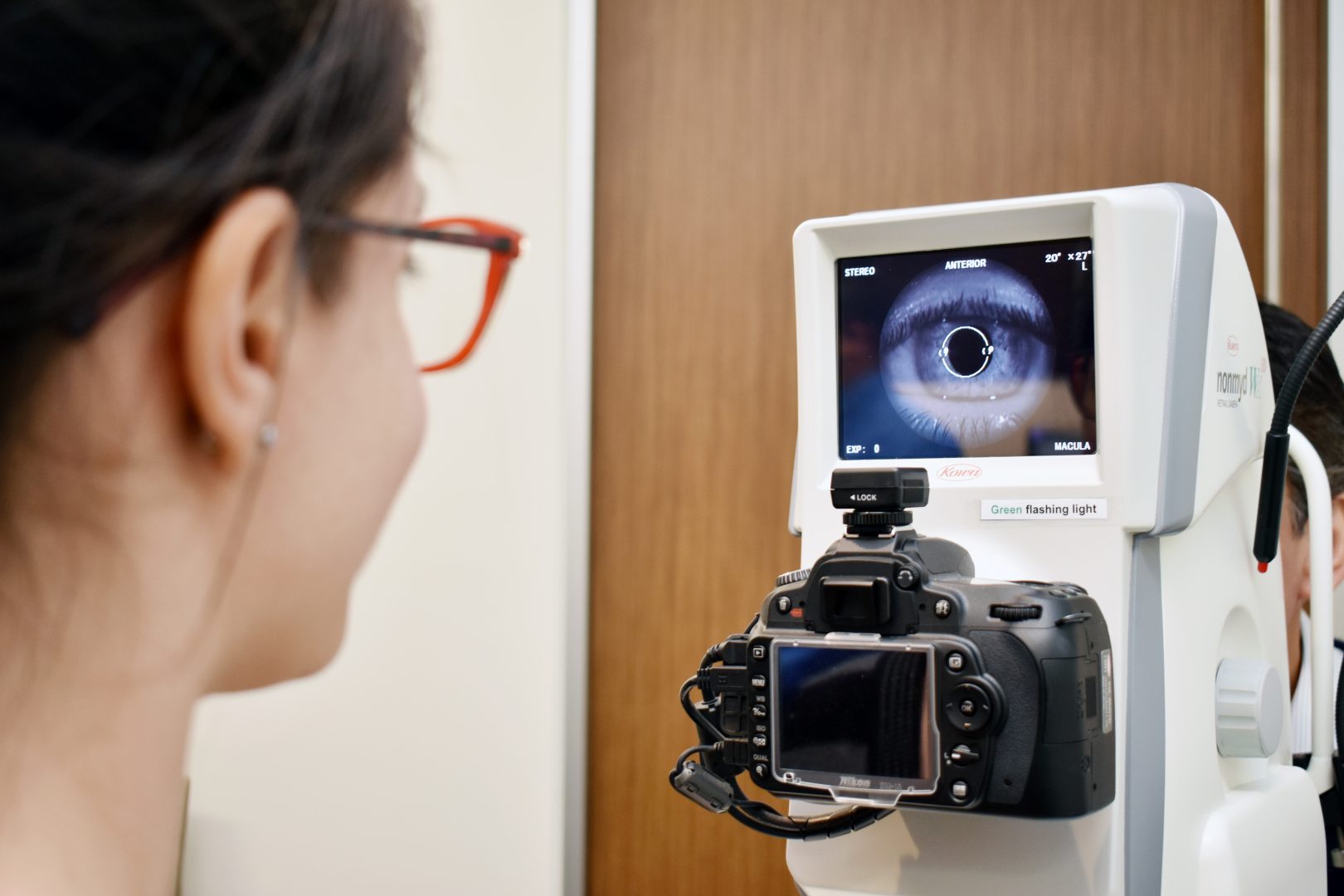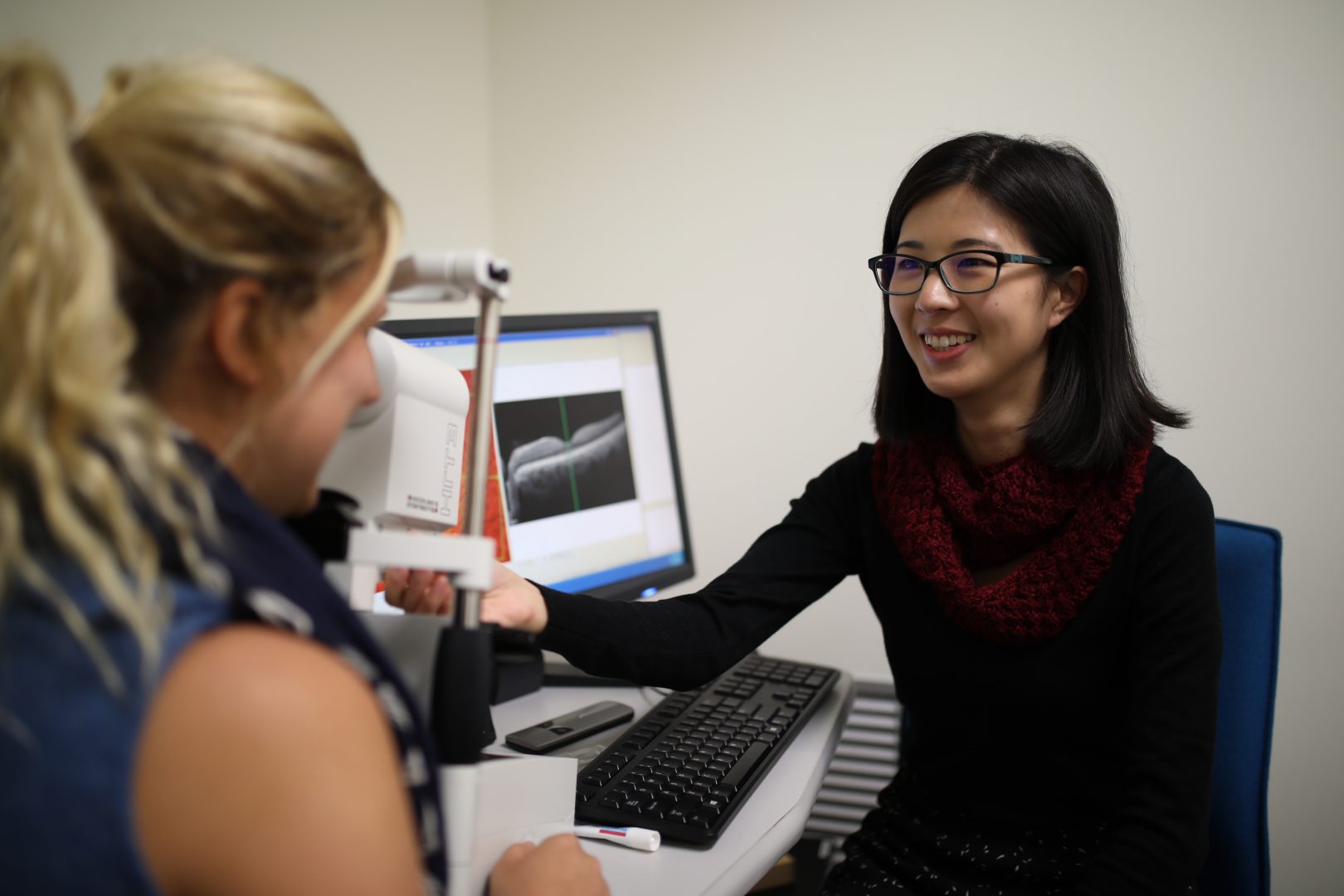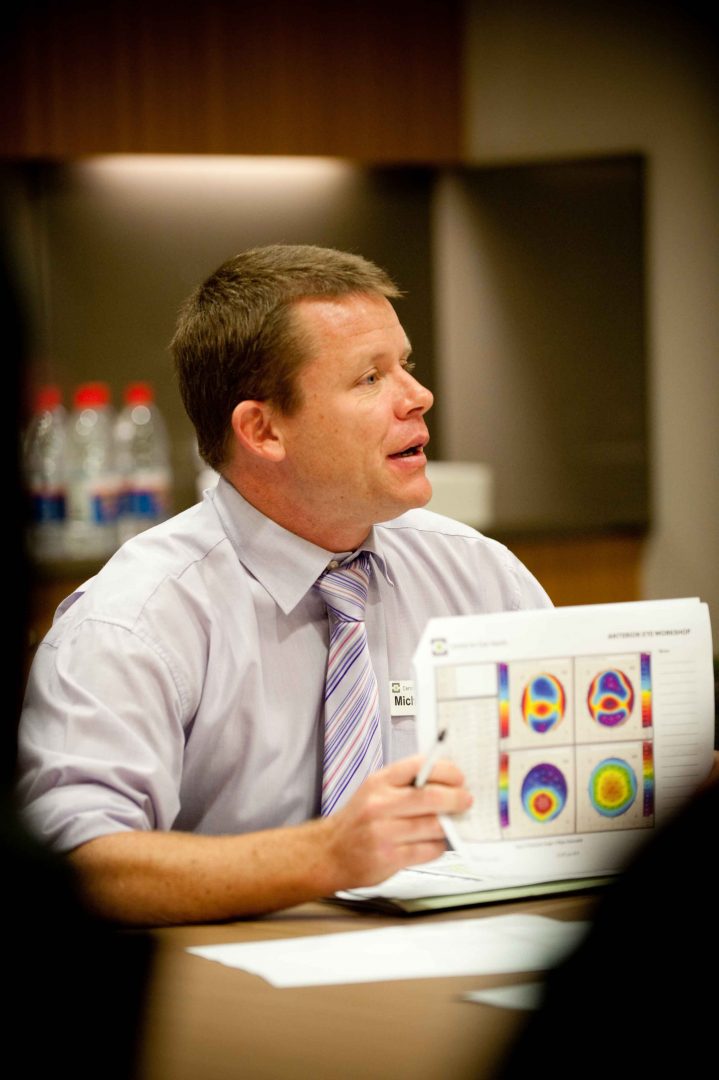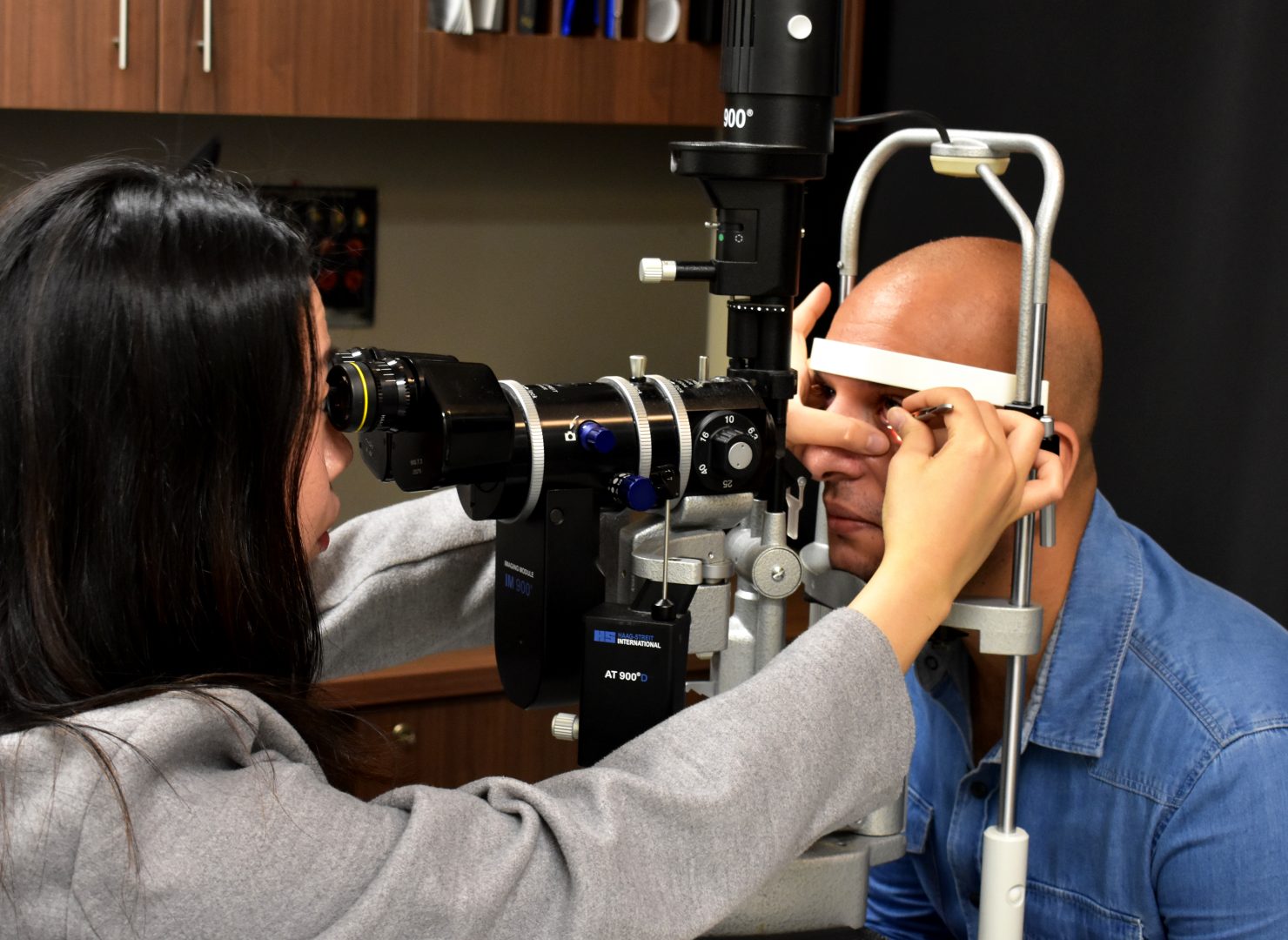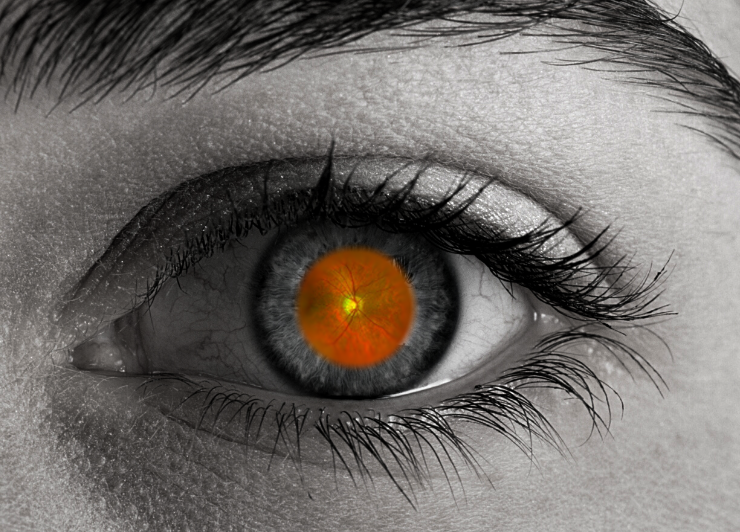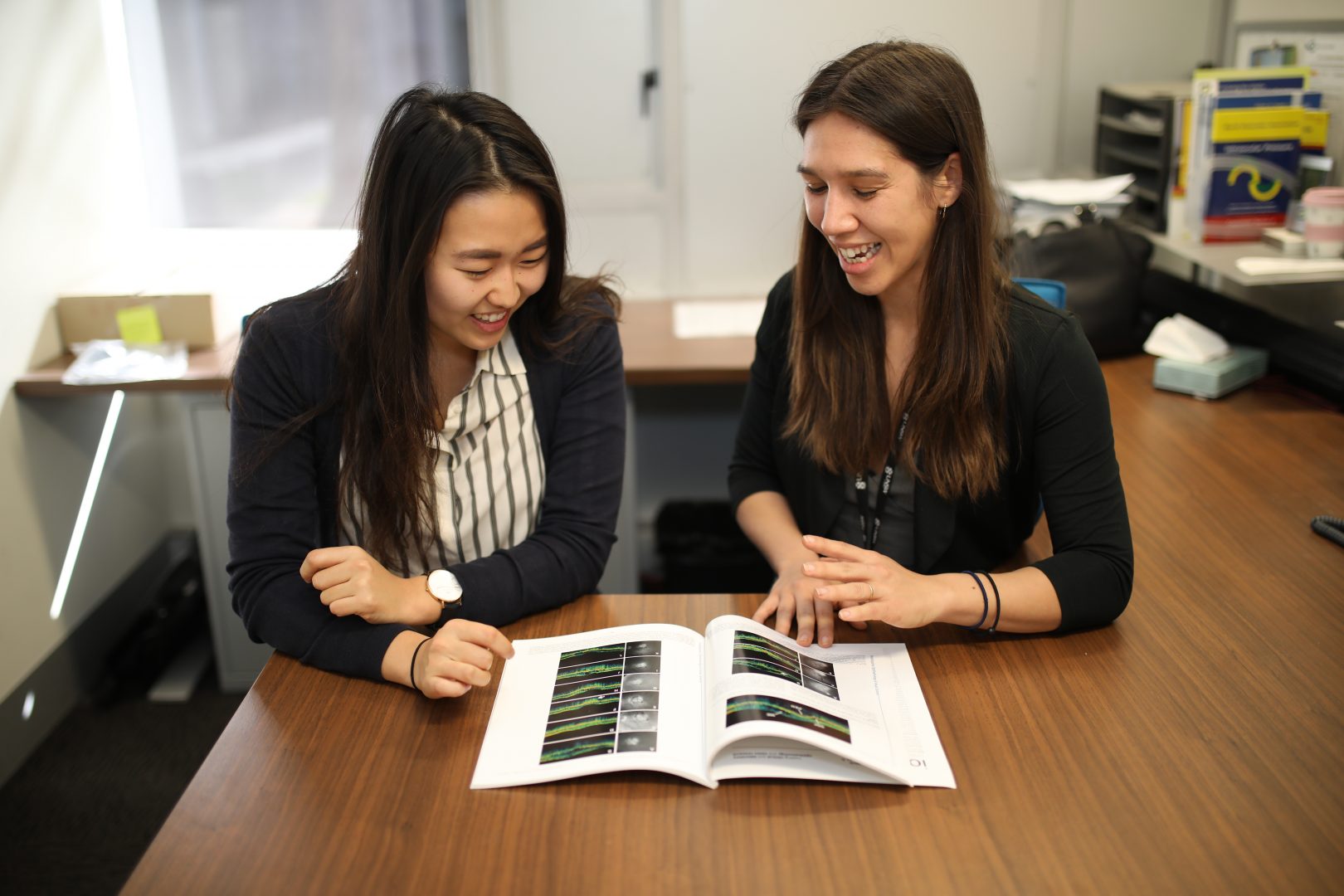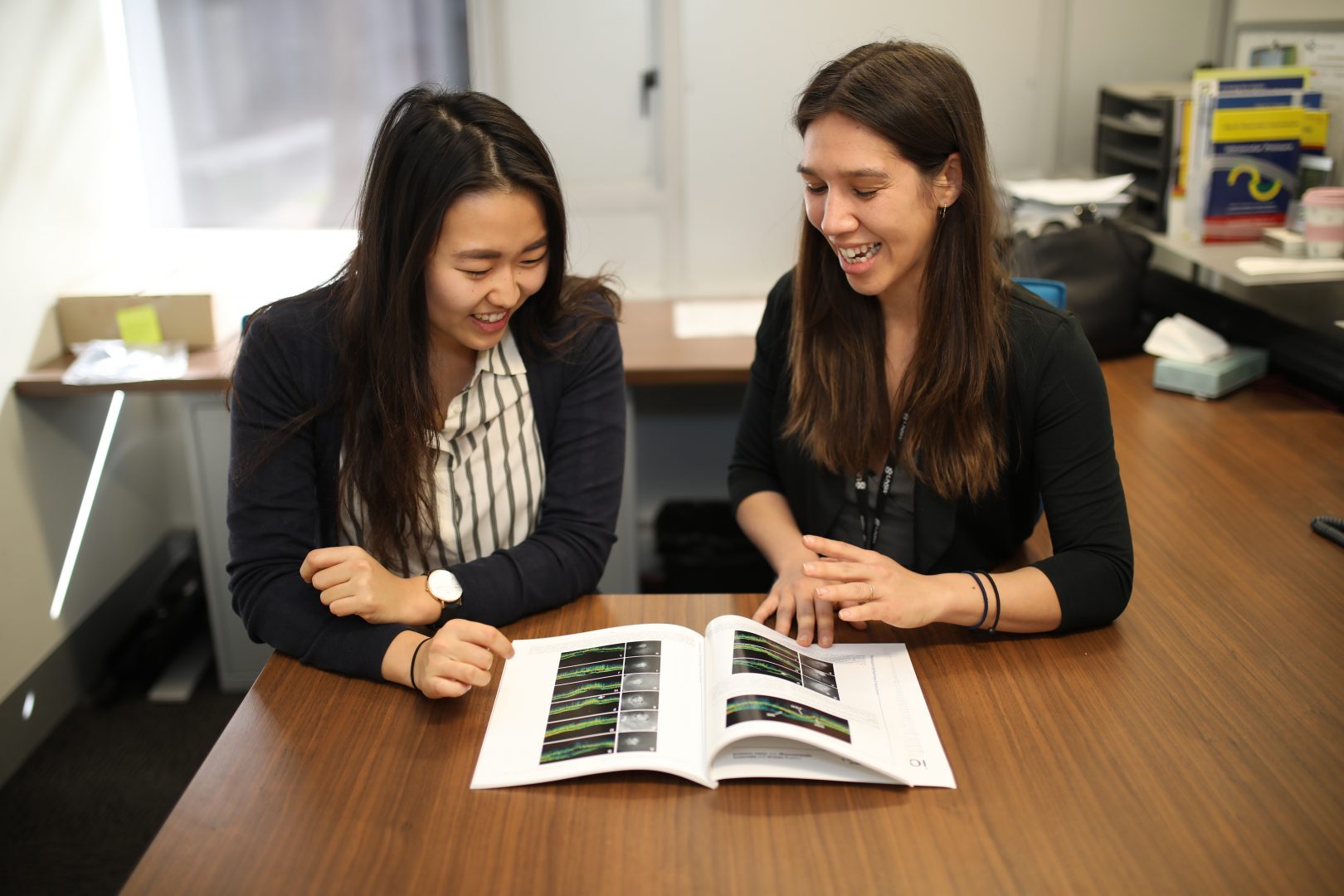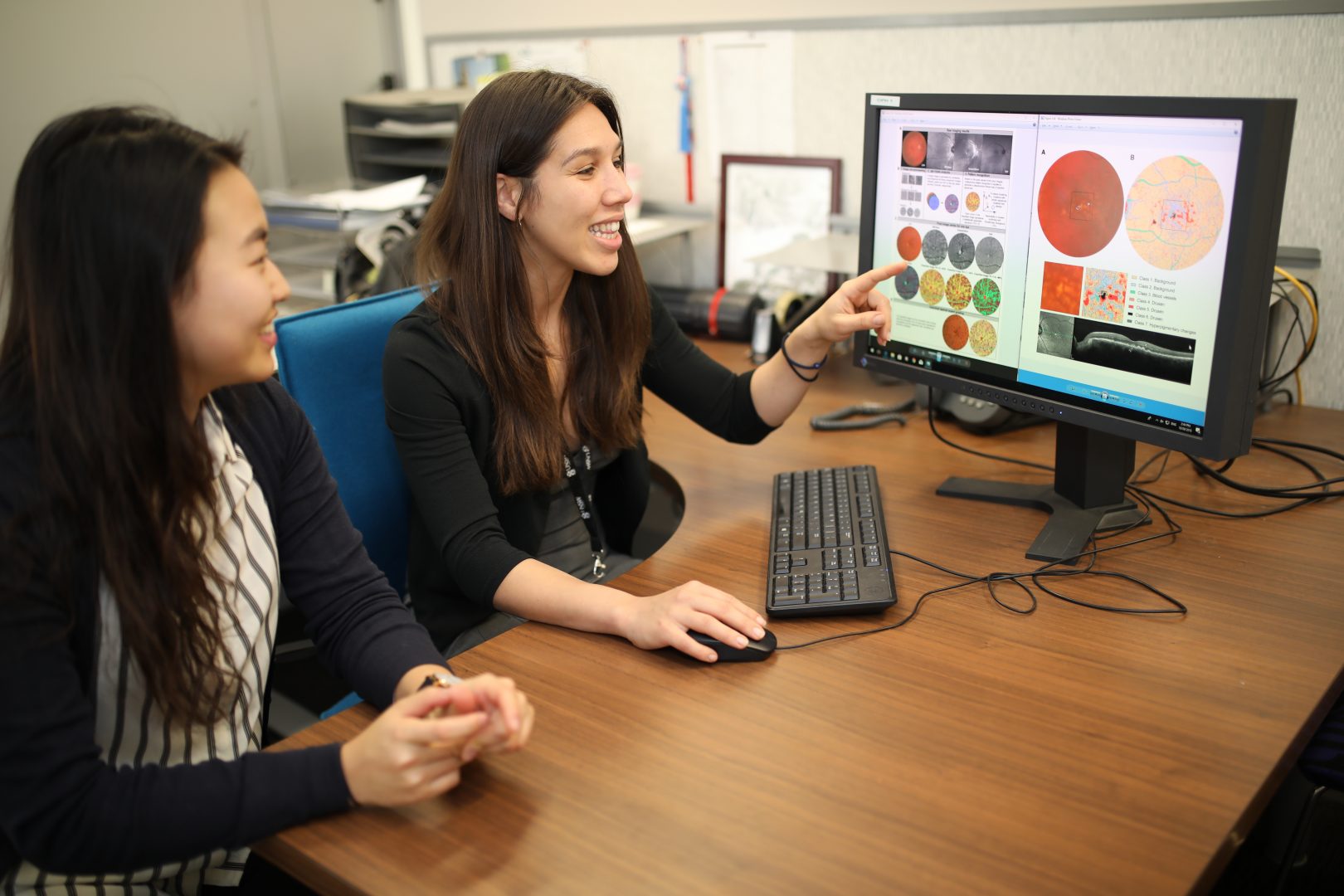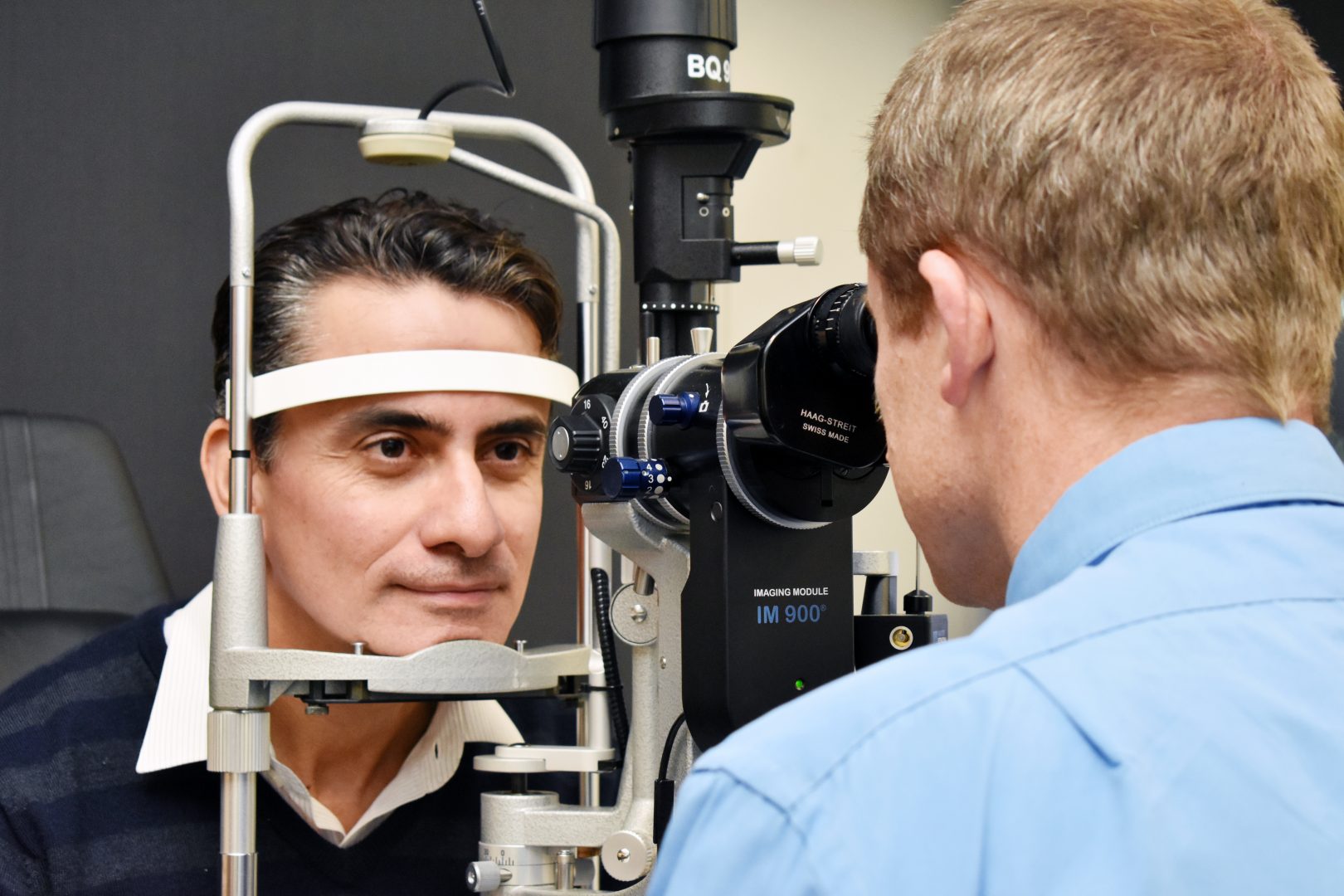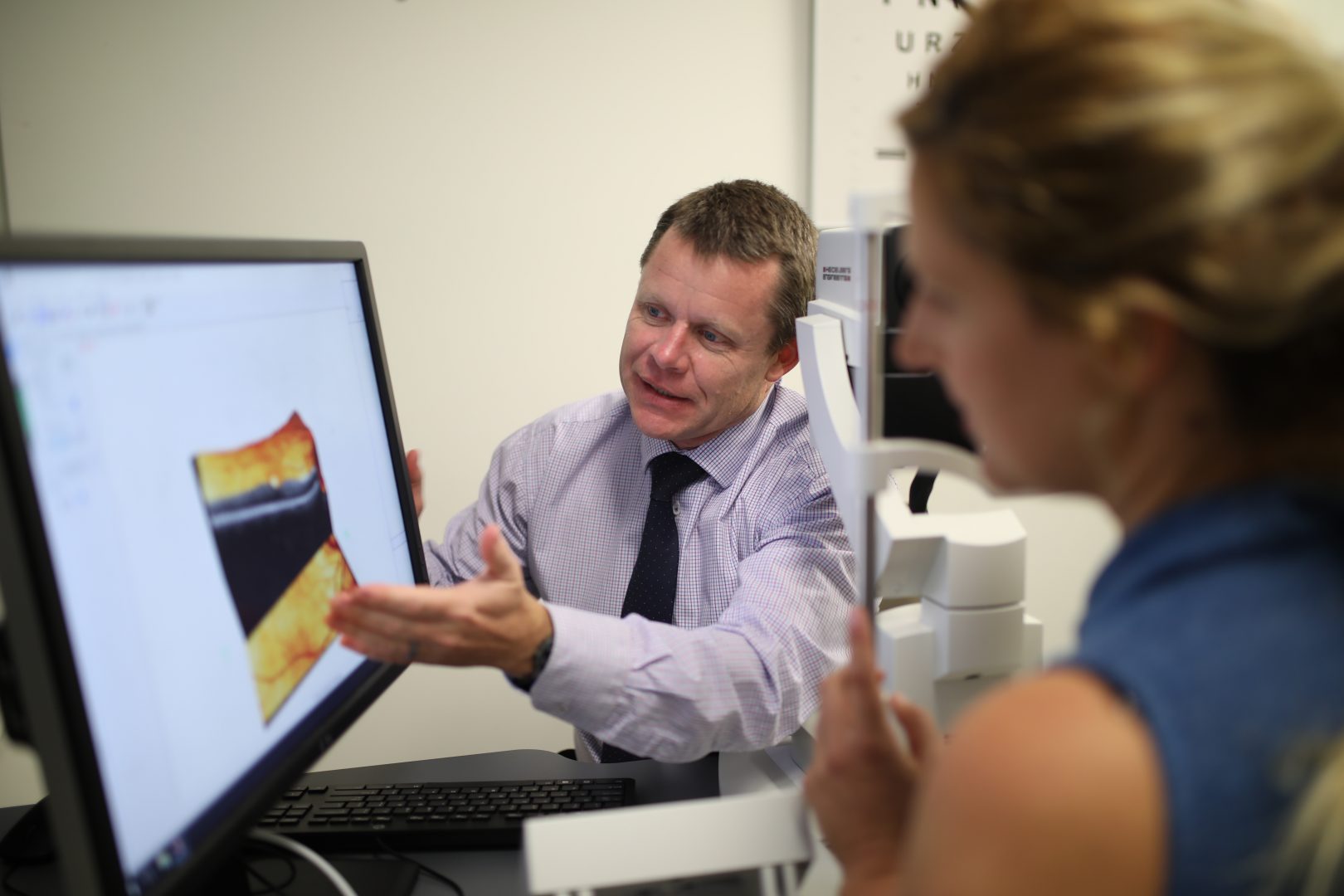
- Refer a Patient
- Referral Types
- Patient Information
- Overview of CFEH Clinics
- CFEH Instrument List
- Our clinical team
- Causes of Vision Loss
- Patient Forms
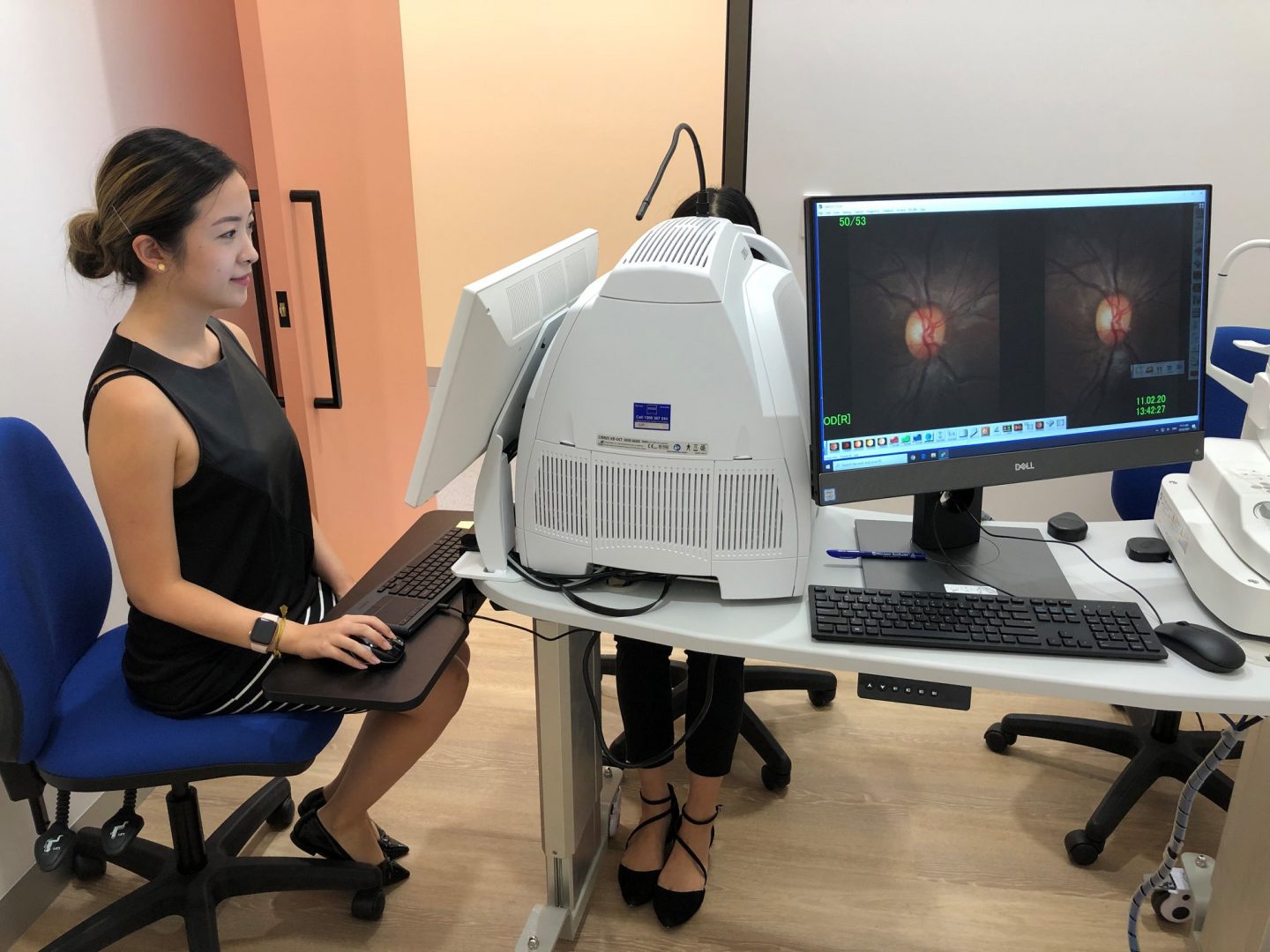
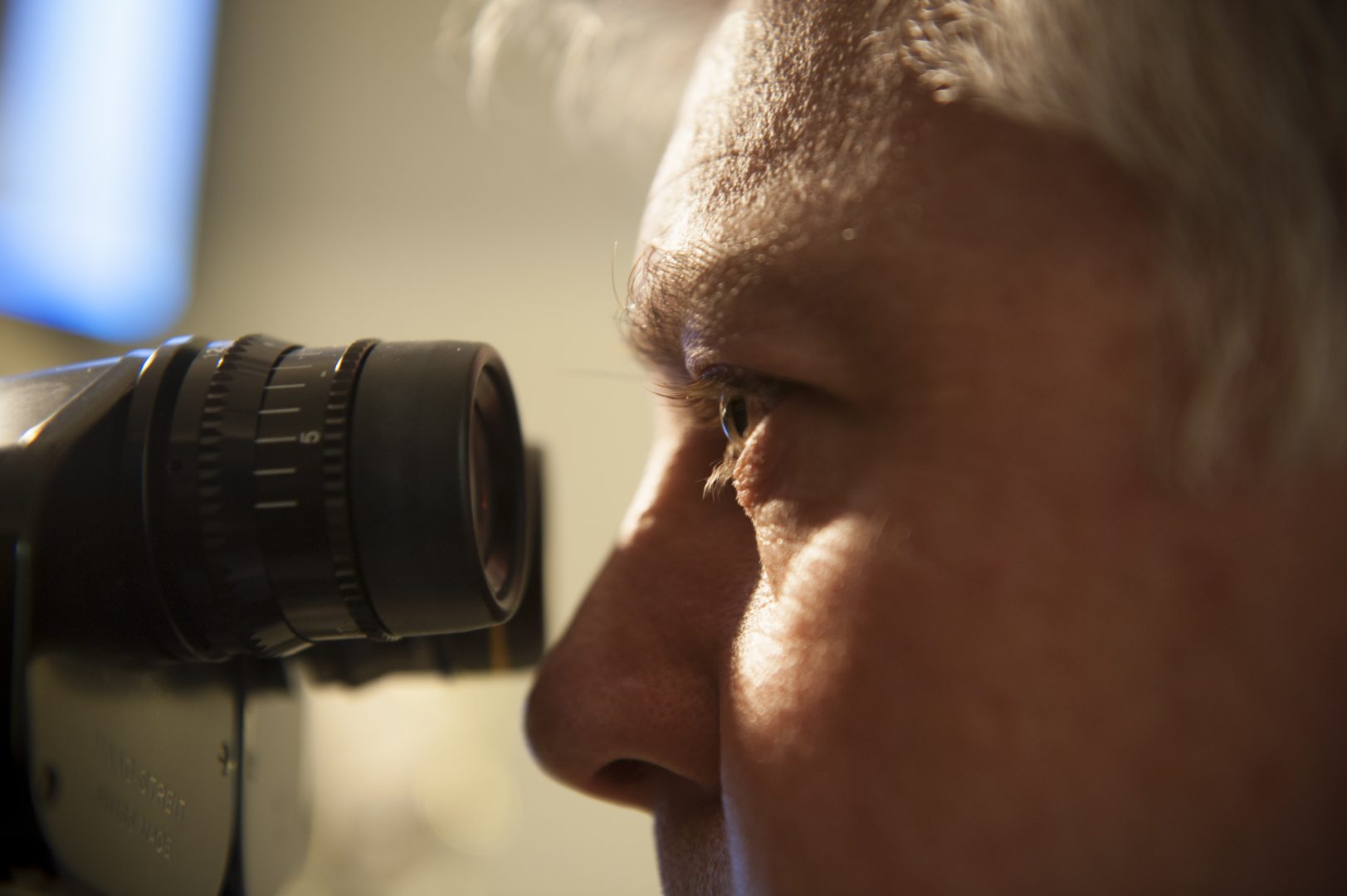
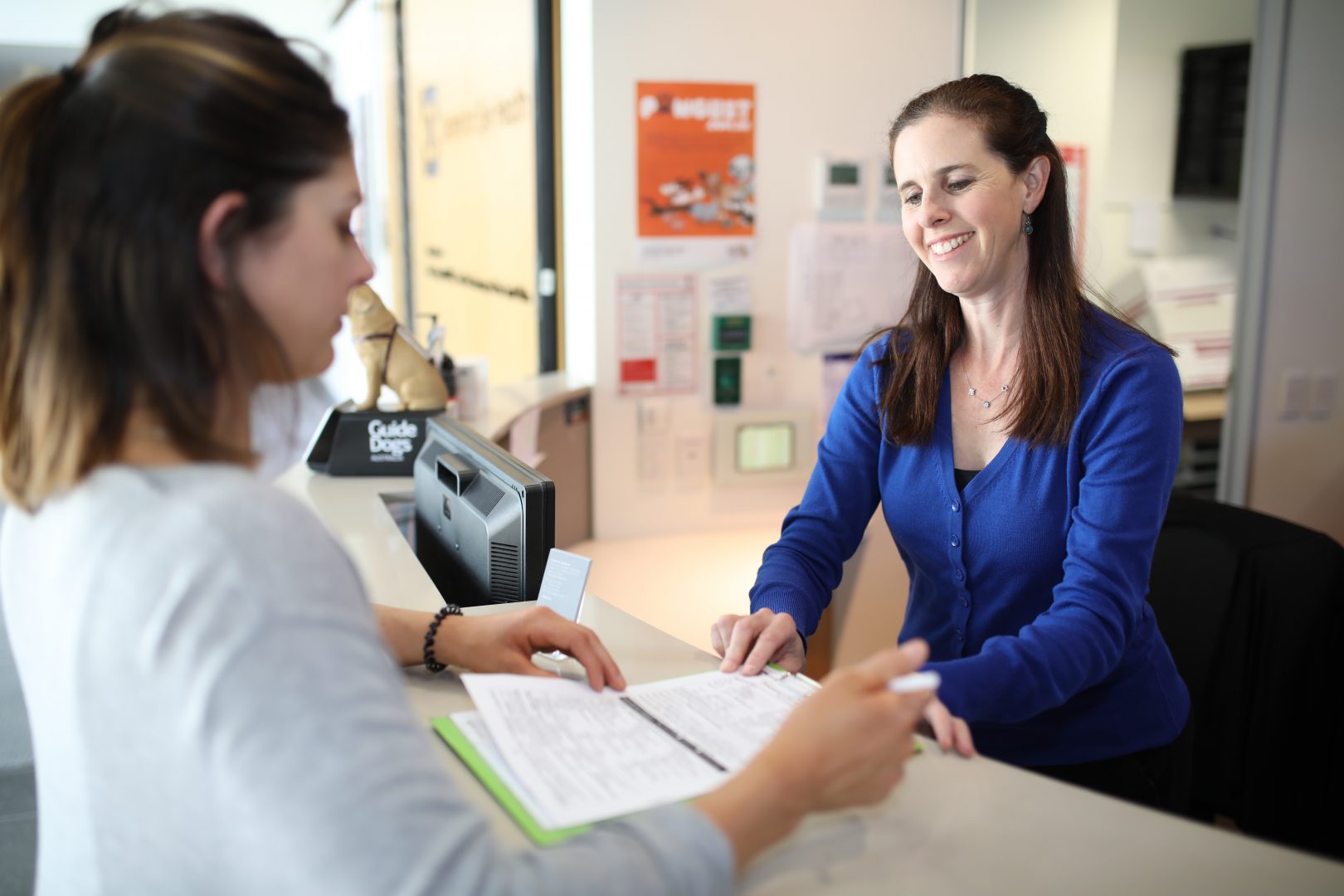

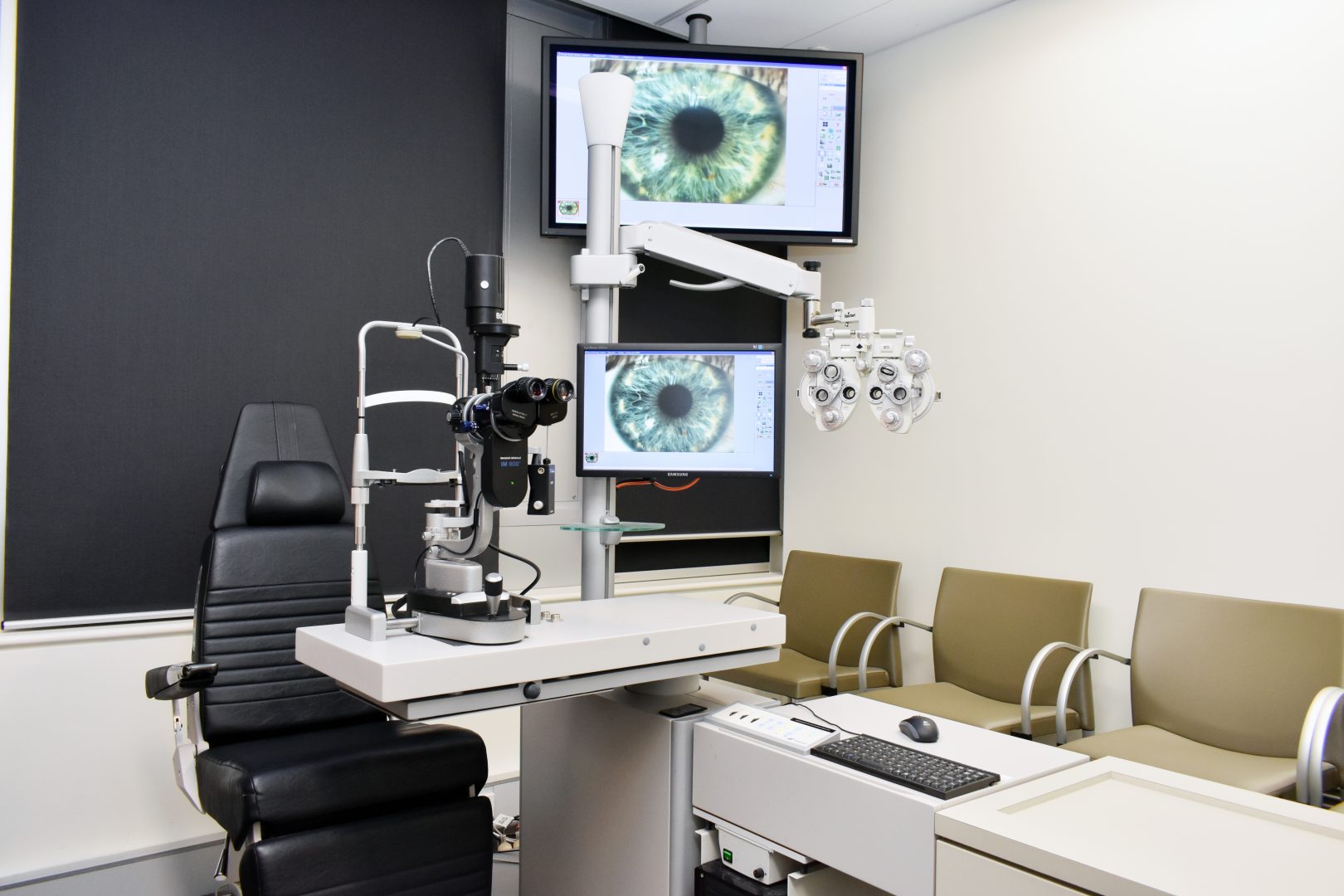

How to take care of your mental wellbeing with vision loss
Losing your sight can come with many challenges and it’s normal to feel uncertain and overwhelmed. Adjusting to life with vision loss can have a significant impact on your mental health and finding ways of dealing with the emotional impact of sight loss can help you to improve your mental wellbeing. Here are some ways you can take care of your mental health and enhance your overall wellbeing.
What is good mental health?
Mental health encompasses a state of overall wellbeing where individuals can cope with the everyday stresses of life, function effectively in daily life, as well as being able to healthily experience and express emotions. Much like your physical health, looking after your mental health is important to maintain your overall health and wellbeing.
What is positive self-talk and why is it important?
Self-talk is the way that we speak to ourselves internally, and it can play a big part in how you feel about yourself, your emotions, and your mental wellbeing. Negative self-talk is when the way that you speak to yourself is critical and pessimistic.
Negative self-talk can lead to feeling bad about yourself and having poor self-esteem. If you’re constantly thinking negative thoughts, you can get trapped in a cycle where it can be difficult to reframe these thoughts or improve how you feel.
Recognising when you are thinking negatively can allow you to stop the thoughts when they come. Challenging these thoughts and replacing them with more helpful and positive thoughts can disrupt the cycle and eventually help you to improve your self-talk and take control over your thoughts. Positive self-talk can improve your self-esteem, stress levels, and your overall mental wellness.
Staying connected with others
If you have been diagnosed with vision loss, you may experience feelings of loneliness and isolation due to the changes that are happening with your vision. Opening up to family and friends can help to reduce feelings of loneliness, and sharing your feelings, fears, and concerns can allow them to better support you.
Connecting with others who are affected by vision loss can allow you to meet new people who have experiences similar to your own. Peer support groups are a great way to make connections with other people affected by vision loss.
Guide Dogs NSW/ACT offers a service called Chatter Paws can also help you to stay connected with peers through joining a group chat with other people to discuss a range of different topics.
Other tips for mental wellness
- Eating a well-balanced diet. Prioritising a balanced diet rich in nutrients supports both your physical and mental health
- Staying active. Engaging in regular physical activity not only promotes physical health but it also helps to elevate your mood and reduce stress
- Prioritising sleep. Quality sleep is crucial for your mental wellbeing as it can help to improve your mood, concentration, and productivity levels
- Practicing mindfulness. Mindfulness is the act of being aware of the present moment. Mindfulness techniques include meditation, paying attention to your senses, and deep breathing exercises. This can help you to feel calmer, reduce anxiety and stress, and have more control over your thoughts
For more information
- Connect with others through Guide Dogs NSW/ACT’s Connection Service
- Speak to your GP if you think you may be depressed
- Contact Lifeline on 13 11 14, or Beyond Blue on 1300 22 4636 (available 24 hours, 7 days a week)
- Always speak to your GP and eyecare professional about the best treatment options for you



